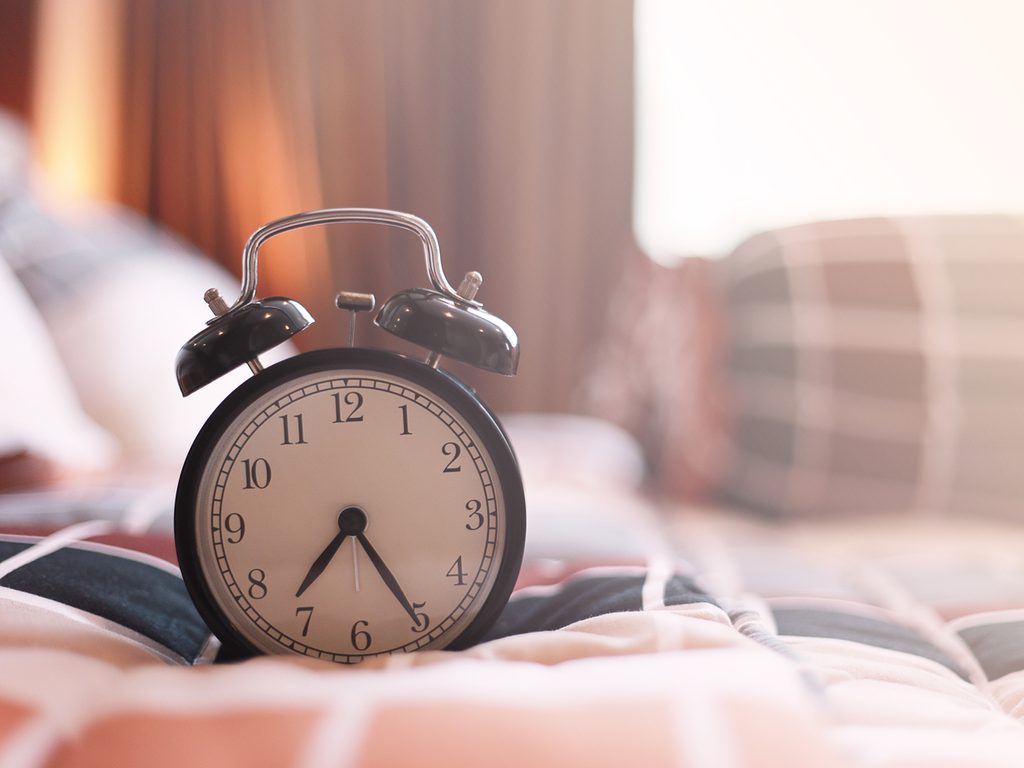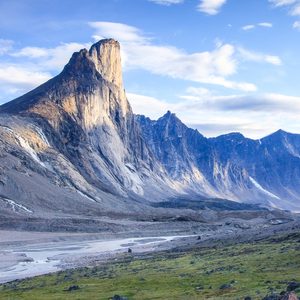Should We Scrap Daylight Saving Time?

We asked Blake Shaffer, environmental and energy economist, and currently a Fulbright Scholar at Stanford University, to weigh in on the pros and cons of daylight saving time.
Reader’s Digest Canada: There’s some controversy around who invented daylight saving time—some say it was Benjamin Franklin. Care to weigh in?
Blake Shaffer: I don’t think you could say Franklin invented it, but he was one of the first people to point out the folly of sleeping away the daylight hours, which he did in a satirical essay published in 1784. We do know that Port Arthur, Ontario (now Thunder Bay) was the first place in the world to implement DST, in 1908, so that’s kind of a claim to fame for our country.
Why there of all places?
Societies further from the equator tended to adopt the time shift, since those closer don’t get the big swings in daylight hours. As to why Port Arthur specifically did it first, I’m not sure. But DST then became widely adopted during the First World War, when it was seen as a way to save energy by burning less coal.
In 2005, George W. Bush expanded it so that we spring forward in March instead of April and turn the clocks back in November instead of October. That was part of the Energy Policy Act of 2005, so it was still tied to the idea that DST saves energy.
Does it?
Definitely not in the same way it once did. Lighting technology has evolved so much even over the last 20 years: LED lighting uses up to 80 per cent less electricity than incandescent bulbs did. That said, last year my colleague Nic Rivers at the University of Ottawa published research that showed a 1.5 per cent reduction in energy in Ontario during DST. That’s a big deal, so I replicated the experiment in Alberta, where I live—and got the exact same result. But in any case, some Albertans would rather have sun in the morning. We’re a more agrarian society, so we tend to be early risers compared to Ontarians, who really like their sleep. Obviously, that’s a massive generalization… I don’t want to offend anyone!
No offence taken. I’m an Ontarian and I am 100 per cent #TeamDST. Is there anything better than long summer nights?
Well, one’s individual lifestyle is a big factor. If you’re a golfer, you might be a huge fan of DST because it means you can be on the course until after 10 p.m. If you’re a parent trying to get your children to school, you might prefer that hour of light in the morning. As the father of four, I can tell you that even just those few days of adjustment can be extremely trying. In our house, the kids set the schedule, regardless of what the clocks say.
I’ve heard that DST causes detrimental effects to our health. Should that be considered?
When the clocks go forward, there is a demonstrable spike in heart attacks—and traffic accidents—based on losing an hour of sleep. But also, brighter nights are associated with more physical activity in the evening and a higher average caloric burn. Again, there are pros and cons to both.
There was a study seven years ago that claimed DST led to a spike in “cyberloafing”—that is, wasting time on the Internet. Have you heard of this?
Yes, but I’m not sure that’s caused by DST. I guess if we’re going to attribute being tired to the time change, we can blame DST for a lot of things.
But not being late. Smart clocks have mostly taken care of that.
They have, but I still use manual clocks in one of our cars and on my stove. Also, the other day, Nic Rivers was supposed to call me at 9 a.m., and by 9:10, I was looking at the time and wondering why he was late. I had forgotten that he was in France, where they go back and forth in October and at the end of March.
If two DST experts can’t get a handle on it, what hope is there for the rest of us?
That’s fair. We said the same thing.
Here are the biggest myths about daylight saving time—debunked.






